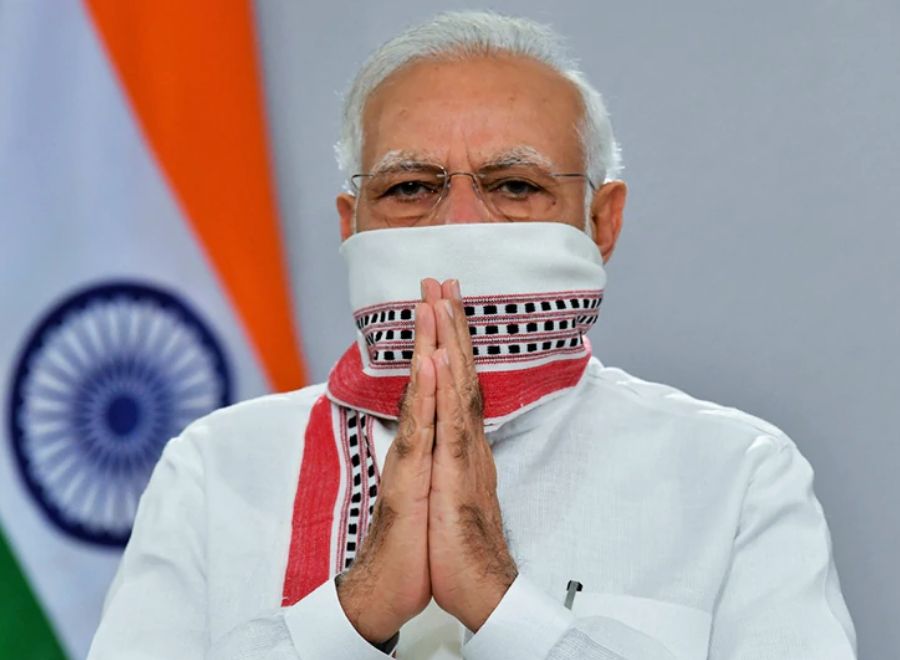
PM CARES Fund not public authority, says govt, refuses info under RTI

PM CARES Fund is not a public authority and so, does not fall under the purview of the Right to Information (RTI) Act, the Prime Minister’s Office has said in response to an RTI application filed by a law student.
Kandukuri Surya Sri Harsha Teja, doing a master’s degree in Azim Premji University in Bengaluru, had sought the information on the constitution of the Prime Minister’s Citizen Assistance and Relief in Emergency Situations (PM CARES) Fund.
In the application, filed on April 1, 2020, Teja asked for a copy of the trust deed, all government orders, notifications and circulars related to the creation and operation of PM CARES Fund Trust.
The RTI application was disposed on May 29 and Teja got the reply that “PM CARES Fund is not a Public Authority under the ambit of Section 2(h) of the RTI Act, 2005”. The PMO also informed him that relevant information in respect of PM CARES Fund may be seen on the website, pmcares.gov.in.
Related News: Case filed against Sonia Gandhi for Congress tweet on PM-CARES Fund
“I am going to challenge this. What else is PM CARE Funds if not a public authority? As per the Act, a body is a public authority, if an appropriate government exercises substantive ‘control’ over it,” Teja told The Federal.
“By denying PM CARES Fund the status of ‘public authority’, it is only reasonable to infer that it [the fund] is not controlled by the government. If that is the case, who is controlling it? The name, composition of the trust, control, usage of emblem, government domain name everything signifies that it is a public authority,” he said.
“By simply ruling that it’s not a public authority and denying the RTI application, the government has constructed walls of secrecy around it,” he says, adding that he had been exploring legal options to fight it.
“This is beyond my level of comprehension,” said DB Binu, a practising lawyer in the High Court of Kerala and the President of The RTI Kerala Federation. He told The Federal that it is not only illegal, but also against the democratic principles of the country.
Related News: Indian Armed forces to contribute a day’s salary to PM-CARES for 11 months
“The RTI Act has clearly defined the omissions in the relevant sections. Section 8 has given an exemption to a list of things related to the security of the nation, contempt of court, medical privilege, etc. Section 24 also gives a list of 26 agencies exempted by the Govt of India that includes CBI, IB, etc. In no way, the PM CARES Fund comes under these exemptions,” says DB Binu.
In Venkatesh Nayak vs CPIO & DCIT, the Supreme Court had made it clear that if an authority was largely funded by the government and had been performing a public duty, it could well be defined as a public authority and fell under the purview of Section 2(h) of RTI Act of 2005. Section 2(h) of the RTI Act defines ‘public authority’ as follows:
“Public authority” means any authority or body or institution of self-government established or constituted:
(a) by or under the Constitution;
(b) by any other law made by Parliament;
(c) by any other law made by State Legislature;
(d) by notification issued or order made by the appropriate Government, and includes any—
(i) body owned, controlled or substantially financed;
(ii) NonGovernment Organisation substantially financed, directly or indirectly by funds provided by the appropriate Government;
This is not the first time, the PMO office is rejecting an RTI application on PM CARES Fund. According to reports, a resident of Greater Noida and environmental activist, Vikrant Togad, was refused reply to his queries on PM CARES Fund, citing that the application contained multiple questions on varied topics for which the information could not be provided.
Teja has already filed an appeal to the appellate authority for the failure on the part of the PMO to file a reply in 30 days as stipulated in the Act.


